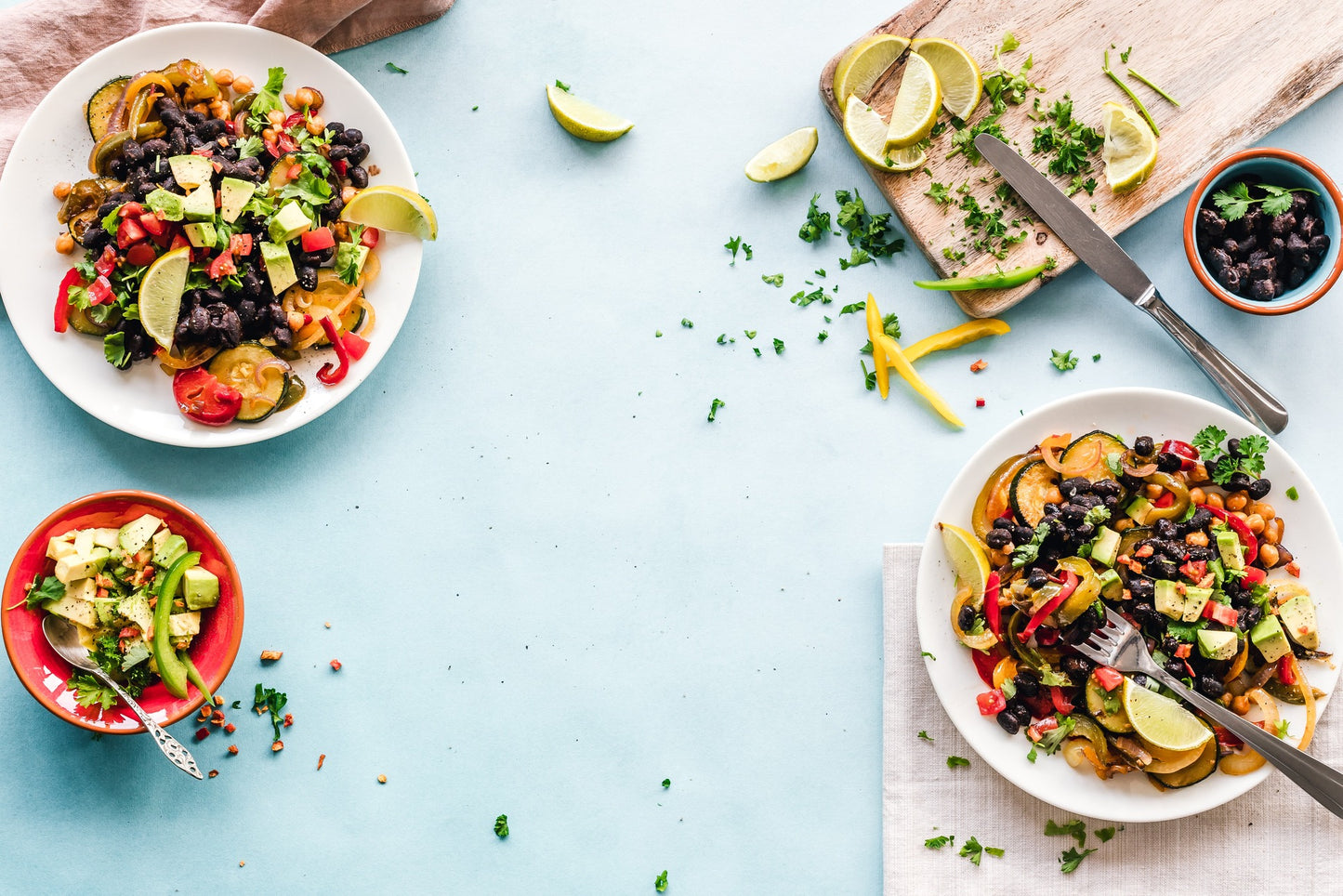
The Build takes a deep dive into the process of building up a new restaurant, from signing the lease to opening day. In this episode, not only do you get more glimpses at the fun aesthetic bits, but you’ll also hear about the processes and systems behind making sure customers feel taken care of in the space that Eric and Team Ursula are in the middle of creating. Between architects pointing fingers at plumbers, and deciding on plate ware, you’ll hear about the nitty-gritty required to build up (and out) your brick and mortar world.
LISTEN TO THE COMPLETE PODCAST HERE
Let's talk about renovations and why timelines don't always go according to plan. What are the factors that extend the timeline or can double it? Maybe triple it?
Everyone starts their timeline from this optimistic place, right? You can't help it. You just you look at how long things take. You stack them up one by one and it Gantt chart in a spreadsheet however you're doing it. And. You don't take into account all of the things that sort of come in between. So it quickly becomes apparent that no one in the process of the build, even, you know, your contractors, that you've hired, your lawyers, that you've hired your players that you've hired, they just don't quite have the same interest in expediting the process that you will. So and it's a hard thing to sort of to take yourself or to be coached into. You're always going to do that. That's just human nature. But things happen. Permits take time. Inspections take time. Contractors, electricians, plumbers, whoever it is, they all have other clients besides you. And everyone is pushing them to sort of get things done as quickly as possible. And it's really hard to stick to that timeline, even if all of your ducks in a row and even if, you know, big surprises don't happen. So it's basically like you get to the point in your in your catalog, in your activity chart where it says, okay, we're ready now for fire department. So you call the fire department and you are ready for them to come out on Monday, because today is Friday. And they say, Oh, sorry, we didn't have an appointment in six weeks, but there's nothing you can do about that, Right? So it's like no one really quite gets it the way that you do.
We were talking about how things can get set back on time. Do you remember some of the things that were most crucial in setting back our journey with Goods?
The food truck took way longer than expected. We thought it was just going to be seemingly simple. It was supposed to be fairly simple, and it turned out to just never be done. It was housed right here in the parking lot behind Roberta's for months while was being refitted with kitchen gear by our contractor. And I think part of the issue with us was that there was one guy basically who did all of the food truck builds. So we had to wait until he and his team were available to take in the trailer. So. That was that. That was what the what the. But the delay was but actually another delay. That was seemingly to have been as simple as the permitting process, which I think there's a lot of synergies that you'll hear later on in the season where we had to take the truck over and over again to get approved and it was by a different guy every single time and it just pushed things back. Another week. Another week, Another week.
One of the most challenging parts of it was this idea that we had to go through as a mobile food truck. So it's actually a stationary truck on a property. So it was going to function as, you know, sort of a regular restaurant that had this obviously very unique shape to it, being in this old Spartan trailer from the 1950s. And we had gutted that, outfitted it with a brand new kitchen, you know, beautiful stainless steel walls, floors, ceilings, venting. You know, we had ovens, we had stovetops, we had candy burners, things regular, you know, pass like a kitchen would have, um, all these things that, you know, we seemed... Seemed should have made it right through. But then once you go through and you're dealing with the intricacies of, you know, any, um, permitting process, you know, this one specifically is the mobile food truck department in New York City was was more than challenging. I think we ended up going through that permitting process three different times with again, with brand new, spotless, by the book design... um, that just, uh, that found its way to have errors each time. So it was difficult.
With goods most of our journey from, you know, groundbreaking to opening was this, like, fly by the seat of your pants um, reactionary way of of going through a project. And it was essentially we didn't have a plan and so we did one thing at a time. And if something didn't go the way that we wanted or something cost too much or permit wasn't there, then we would pivot into something else. And so we ended up, um, very different from like what our initial vision was, um, in the beginning to where we ended up at the, in the end. Um, and I think that that was, you know, the biggest thing in hindsight that I would say that led to closing that restaurant six months after we opened up.
There has perhaps never been more important time than now to be involved in your community, the place you live, the people you work with, the guests, the patronize your business community can be a catalyst for your business. It can also be a lifeline. The restaurant community has grown immensely over the past 20 years, has vivid memories as a young couple of competitive atmospheres, both within restaurants and what other restaurants of New Orleans and here in New York City for the better. Those mindsets are mostly outdated. Part of an era that launched today's positive change in hospitality and its place now exists for the lack of another term, the buzzy but apt collaboration. No, we don't just mean quirky food combos. Rather legitimate teamwork within and among the greater hospitality community. In the case of today's guest, he may not be here if it weren't for such openness, sharing and the partner approach to cooking that exists today.
Our guest today is Eric See. He's a Brooklyn based pastry chef and the founder of the Short Lived but very well received, the Awkward Scone Cafe in Bushwick. See opened Ursula, a new Mexican inspired cafe and bakery, in an homage of his grandmother and New Mexican upbringing in Crown Heights in September 2020. Diners quickly began lining up to get their hands on a chili laced breakfast burrito. Alex and I and our two young daughters were actually included in that line, and it didn't take long for the press to take notice either. Eric was named a rising star by star chefs and received glowing write ups by both Eater and Grub Street. We're so happy to have you here, Eric.
His breakfast burrito was the only other one that I would eat. But no, I've been. It was wild to me. I've been a pastry chef in New York for ten years, and I've worked all over the country, all over the world doing that. I've worked with some amazing chefs, and it took me rolling a tortilla around hash browns to get some attention.
I think it also I think sometimes it speaks to to, you know, you know, doing what you truly know and love really well. You know, I think having that, you know, personal passion for what you're making, you know, I think makes a big difference in how you get to.
But I agree. And it's easier for people to, like, have a story to associate with you or say that even puts you in a box. Right. The awkward scone didn't have like a really cohesive narrative. That was an evolution of over like six years. But it also I brought a business partner into the fold shortly before opening and that kind of diluted what I had dreamt of for that space. And so it didn't.... It was a great space. It was great food. It was a great community and energy there. But it wasn't like anything that you can, like, put your finger on. And people like to be able to do that here. And so the moment that I like packaged up Ursula and even the moment I got the logo, I was like, Oh, this is it. I. The logo is made for me by one of the artists. Her name's Simi, and she used to have her artwork in the Awkward Scone. And when I said that I was going to open up Ursula, she wanted to do the logo, and she just, like, knocked it out of the park on the first round.
Like, seriously knocked it out of the park. But because you like you walk up to the cafe and that's like basically, I mean, you like walk up to your cafe and like you just automatically you look at the logo and you have like you have the New Mexico vibes, you know, I think it's she. Yeah, that's a great it is a great logo.
Tell us the what was the best part of starting Ursula?
The excitement? I think a few things. One, I was able my a lot of my staff was like they were looking for jobs. They really needed jobs. And to be able to open up an opportunity for nine people to be employed in the middle of a pandemic. Felt really good.
Just seeing a line out there. It's stressful on them and that in the moment, but it's exciting to see people get this excited about New Mexican food. I never if you had asked me at any point in my life what I would be doing right now, I never would have imagined that I'd be serving New Mexican food in Brooklyn.
Well, congrats, it's working. Give us a best piece of business advice for other prospective owners looking to start their restaurant.
Take care of your staff. I think that that's a big one. Never, never neglect your staff. And. And be one with your community there. Don't don't shun your community. I think especially since that was the the premise of this podcast, they're what helped help Ursula come to fruition. And I would I would never be able to do it without my community again. Perfect.